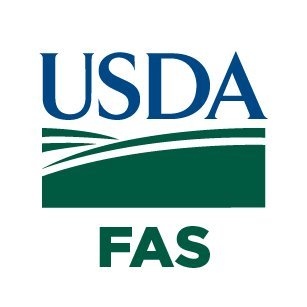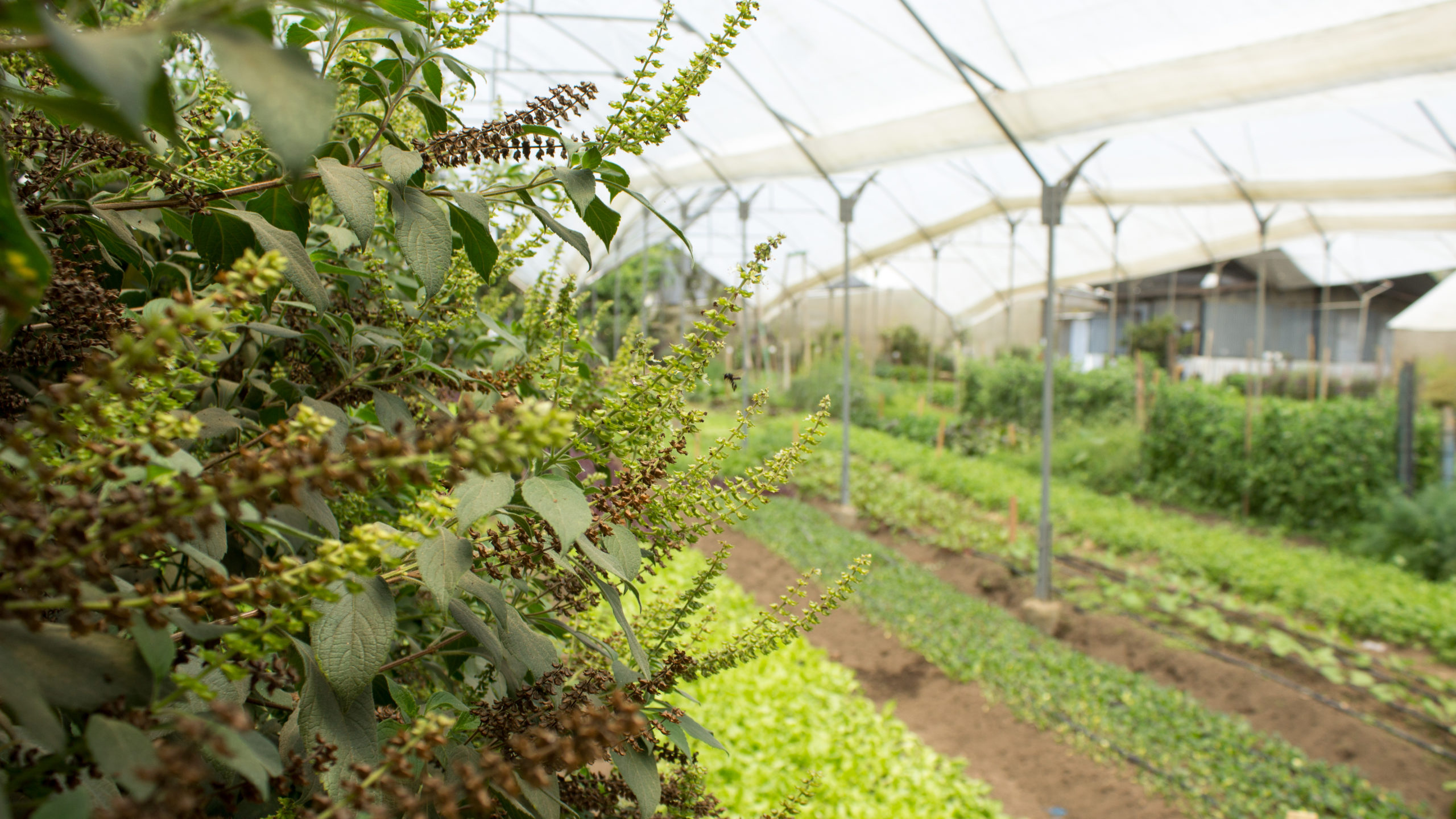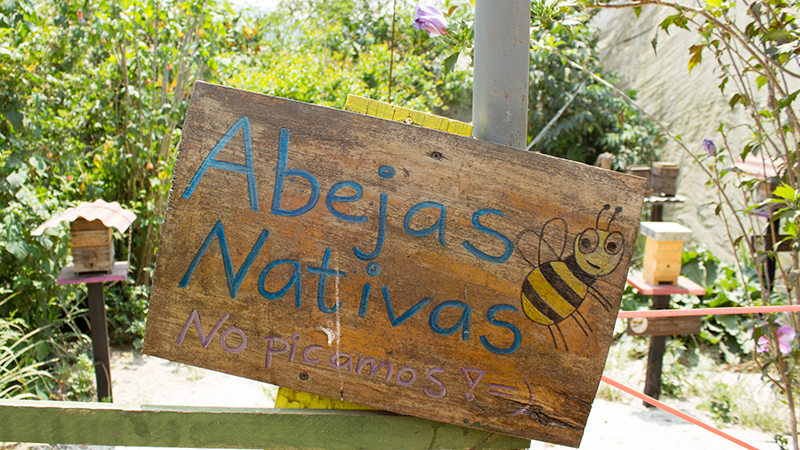About the Project
The International Agricultural Education Fellowship Program (IAEFP) has successfully operated in Ghana for the past year. We are excited to announce our next year of fellowships will be over the 2023 school year (beginning in January) in Guatemala. Why Guatemala? Our funding source, the USDA-FAS, is aligning with the Administration’s priorities for addressing the root causes of migration from the Northern Triangle region of Central America. To be congruent with the Guatemalan school year, the fellowship will begin/deploy in January 2023 for 11 months.
What is the IAEFP?
About the Program:
The International Agricultural Education Fellowship Program (IAEFP) is founded in partnership with AgriCorps, and hosted at the Norman Borlaug Institute for International Agriculture and Development. IAEFP is funded by the U.S. Department of Agriculture (USDA) Foreign Agriculture Service (FAS).
IAEFP trains and supports Fellows to become teachers abroad during the Guatemalan school year. These Fellows work in agriculture, and with students in their communities. These communities are selected as prime placement locations by IAEFP and our in-country partner, Humanitas Global. Fellows are trained thoroughly before and during their experience using AgriCorps established training programs.
Follow the program on Instagram and Facebook to keep up with us!
IAEFP 2025 Guatemala – Applications are open
Requirements to be eligible for the Guatemala Fellowship:
- US Citizenship
- Ability to speak fluent Spanish
- A completed bachelor’s degree from an accredited university
- Ability to pass a physical exam by a licensed physician
- Ability to hold a passport and travel internationally
- Have experience with 4-H, FFA, or develop a plan to acquire the experience
- A degree in agriculture or extensive coursework in agriculture
Application requirements:
The IAEFP application cycle for the 2025 program in Guatemala is now open. Please email Emily Catalan at emcat05@tamu.edu and keep up with us on social media if you are interested in future application cycles. Applications are due June 1st, 2025.
- Completed application form
- Official transcript of undergraduate and/or graduate degree (Submit in the form)
- Essay on the following prompts (Submit in the form):
- How your experiences, past employment, education, and life goals will make you the ideal Fellow
- How will you enhance the IAEFP’s mission
- How this Fellowship will benefit your success, post-experience
- Resume or CV (Submit in the form)
- Two reference contact information
Please name files using the following format: “Lastname.Resume”, “Lastname.LOR1”, “Lastname.CV”, “Lastname.PersonalStatement”, etc.
Applications are due June 1st.
The Ideal Fellow
Ideal IAEFP Fellows are motivated individuals with an interest in international agriculture development and education. Fellows will be a class of premiere individuals who strive to be leaders, coupled with a passion for agriculture. It is important our Fellows know the task ahead of them is not an easy one, but the rewards, personal growth, and experience of this opportunity will play a major role in their lives’ future success.
What to Expect as a Fellow
After the application, interview, offer, and acceptance stages, the program will consist of virtual and in-country training. This will begin in early July, with deployment scheduled from July to December 2025. These training sessions will provide a high-impact virtual experience that includes orientation in the U.S., cross-cultural training in Guatemala, site visits, and local agriculture training in Guatemala. Fellows will utilize a 200-page AgriCorps training curriculum manual, designed around the integration of four essential components for a successful Fellowship experience: interior formation, teaching pedagogy, cultural awareness, and agricultural enhancement. The training workshops will equip Fellows with the fundamental tools necessary for success, but more importantly, they will connect them to resources they can rely on throughout the year as needed.
In Guatemala, Fellows will work daily agriculture teachers in their communities. They will be actively engaging in their communities to improve agriculture development, and leading the youth through agriculture education and the implementation of a demonstration garden. Fellows will meet once a month to check-in and assess their progress at the residence of the Program Coordinator. Fellows will also receive routine visits from the program coordinator in their own communities.
Fellows will be given a monthly stipend, live with a host family within their respective communities, and be given a 2-week leave in over the school break where they may travel to the U.S.
Frequently Asked Questions (FAQs):
How close will I be to other IAEFs? Will I be the only IAEF in the village?
There will be three IAEF per school and therefore three IAEF per village. Program Coordinator will be routinely traveling to each Fellow to check-in and assess their progress. Fellows will also come together at the Program Coordinators’ location to engage in group reflections.
What will Internet connection and communication look like in my village? Are cell phones utilized via satellite or local phone towers?
There will be cell phone coverage via local phone towers everywhere IAEFs are placed. Internet connection will be limited and varied. There will be the ability to call the Program Coordinator for Guatemala, other IAEFs, and even the U.S. by cell phone. Calling the United States is actually inexpensive from Guatemala.
What does the agriculture curriculum look like? What resources will be available for us to teach?
Each IAEF will have school garden curriculum. This is not enough to teach every day for an entire year, but it is valuable curriculum to be used. Schools may provide for an agriculture class taught by the IAEF, but IAEFs will likely be teaching alongside a science teacher in a middle school, incorporating agriculture into the science lessons. Fellows will also be provided with a USB that contains additional teaching, development and agricultural resources.
Can we travel around the country and perhaps to adjoining countries during long weekends or short breaks?
There may be some time to travel around the country throughout the year on school breaks. However, you are a teacher. You are not allowed to miss school days for leisure travel.
How do IAEFs receive their monthly allowance?
Monthly allowances will be directly deposited into the IAEF’s bank account at the beginning of each month. IAEFs will use ATMs to pull out their allowance–this allows you to pull out Guatemalan currency. IAEFP will get your banking and routing information from you at the U.S. training.
What about my cell phone? Can I use my current phone in Guatemala?
Once in-country you will buy a local SIM card that will allow you to have a Guatemalan phone number and you will buy phone credit throughout the year. As long as your cell phone is unlocked you should not have any problem with a foreign SIM. You will need to contact your U.S. service provider to verify your phone is unlocked. Also, your phone must be capable of using Whatsapp (any smart phone is fine).
Why is speaking Spanish fluently mandatory?
Spanish is the national language of Guatemala. Classes, and almost all communication within communities will be in Spanish. Therefore, the need for all fellows to be Spanish-speaking is vital and mandatory.
For any further questions, please email the program coordinator at emcat05@tamu.edu




